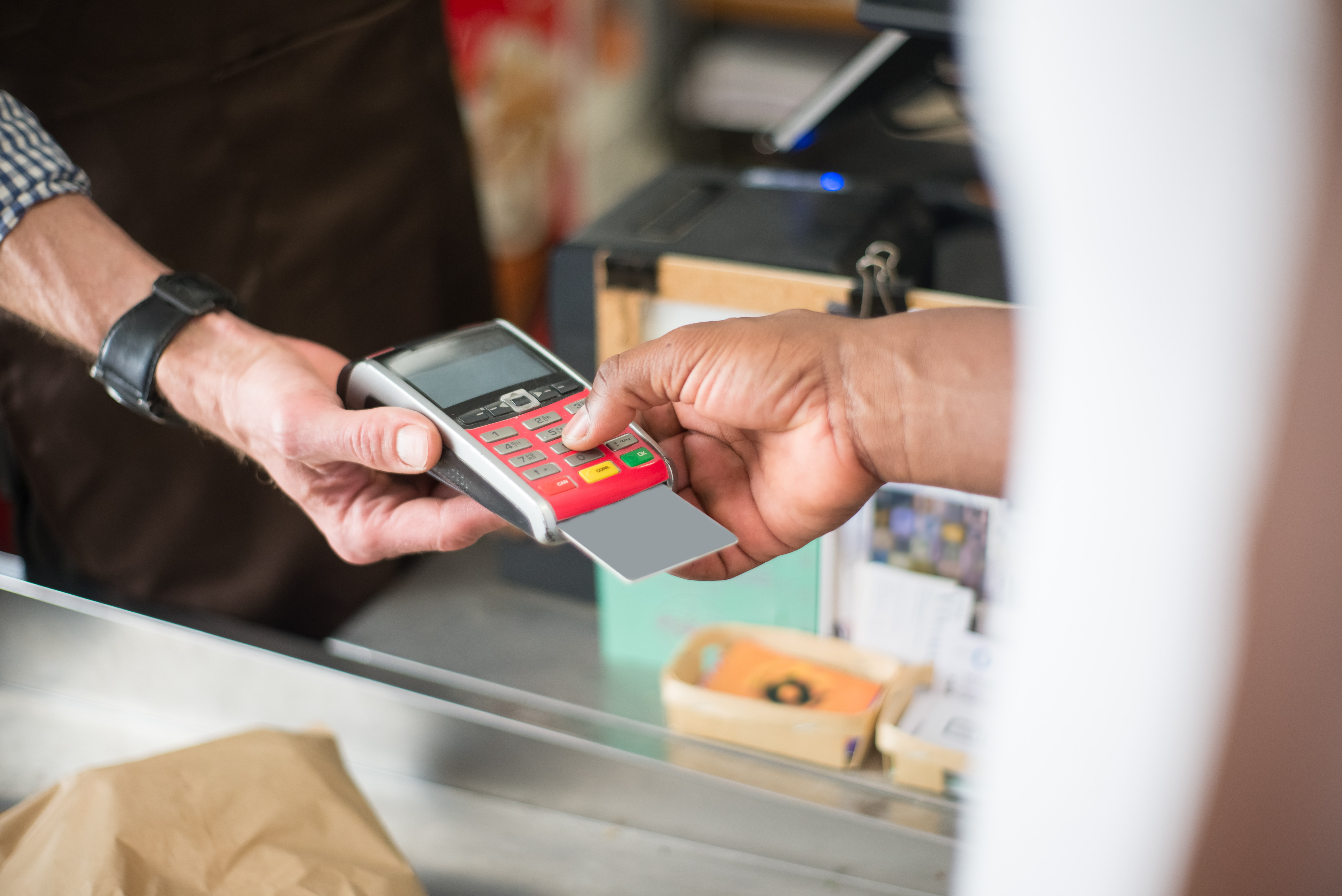SOC 2 Compliance: Proven Protection for Your Data
RebateFirm undergoes annual audits to ensure compliance with SOC 2 standards. These standards cover five core trust principles:
- Security: Our systems are protected—both logically and physically—against unauthorized access.
- Availability: Systems are accessible and operational according to agreements.
- Processing Integrity: All processing is complete, accurate, timely, and authorized.
- Confidentiality: Designated confidential information remains secure.
- Privacy: We collect, use, store, and share personal data in line with AICPA and CICA privacy principles.
A company that has achieved SOC 2 type II certification has therefore proven that its system is designed to keep its clients’ sensitive data secure. When it comes to working with the cloud and related IT services, such performance and reliability are absolutely essential and increasingly required by regulators, examiners, and auditors.
Data Security
Ultra-High Security Checks
RebateFirm uses SAFEChecks, among the most secure business checks available. Designed by Frank Abagnale, these checks include 12+ advanced security features. They are nearly impossible to forge or alter without detection. SAFEChecks comply fully with Check 21 standards. They’re printed on true-watermarked security paper and only sold once customized for each customer. Checkissuing proudly offers SAFEChecks as part of our secure check service. Security features includes:
1. Controlled Paper Stock
2. Fourdrinier Watermark
3. Thermochromatic Ink
4. Toner Anchorage
5. Explicit Warning Bands
6. Copy Void Pantograph
7. Chemical Sensitivity
8. Chemical Wash Detection Box
9. Sequenced Inventory Control Numbers
10. Laid Lines
11. Visible Fibers
12. Fluorescent Fibers
13. Microprinting
14. Payee Area Protection
15. “Do Not Negotiate” on the Back Panel
16. Security Features Listed on the Back of Check
Ultra-High Security Envelopes
OFAC and Anti-Money Laundering (AML) Controls
In a digital world, fraud and money laundering are rising threats. Cybercriminals often use remittance services to obscure illegal transactions. As your business grows, so do the risks.
Understanding Regulatory Requirements
The Patriot Act requires all U.S. businesses to comply with Office of Foreign Assets Control (OFAC) regulations. Neglecting to check AML blacklists before sending payments can result in legal action by the Department of Treasury. Given the dynamic nature of global crime, Checkissuing believes that digitizing AML processes is essential for reducing payment risk.
What is OFAC?
OFAC is part of the U.S. Treasury and enforces economic and trade sanctions. It maintains the Specially Designated Nationals (SDNs) list, which includes:
- Sanctioned individuals
- Countries (e.g., Iran, Syria)
- Organizations barred from U.S. commerce
The UK’s Consolidated List of Financial Sanctions Targets serves as an equivalent. Because the U.S. SDN list incorporates the UN and UK lists, combining both offers nearly global coverage.
How OFAC Rules Affect Transactions
U.S. law requires blocking any accounts linked to OFAC-listed entities. This applies to:
- Transactions by or for a blocked person
- Funds passing through a blocked entity
- Deals involving blocked-party interests
The definition of “assets” includes present and future value in various forms—including all bank transactions.
RebateFirm uses specialized compliance software in order to help reduce both OFAC and AML risks to block and notify clients of suspicious transactions.

